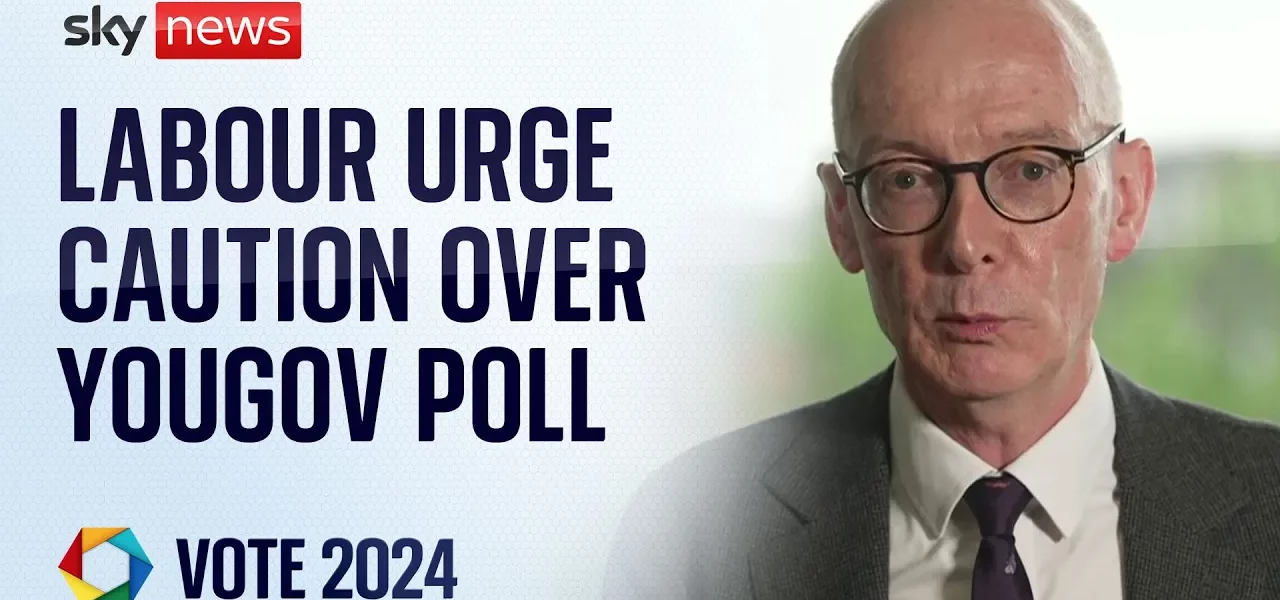Pat McFadden Discusses Election Strategy and Energy Security

In this article, we delve into the insights shared by Pat McFadden, Shadow Chancellor of the Duchy of Lancaster and Labour candidate, regarding the electoral landscape, polling significance, and the pressing issue of energy security in the UK. McFadden emphasizes the importance of ongoing campaigning and the need for a strategic approach to policy-making as the Labour Party prepares for the upcoming elections.
Introduction
Pat McFadden, a prominent figure in the Labour Party, recently shared his thoughts on the current political climate and the Labour Party’s strategy as they approach the upcoming elections. His comments reflect a deep understanding of the electoral process, the potential pitfalls of over-reliance on polling data, and the critical importance of addressing energy security amidst global instability. This article will explore McFadden’s key messages and the implications for the Labour Party and the UK electorate.
The Significance of Polling Data
Polling often plays a crucial role in shaping political strategies, but McFadden urges caution. He highlights the following points:
- Polls Are Not Final: McFadden insists that polls do not equate to votes. “No votes have been cast,” he states, emphasizing that a month remains in the campaign, and the outcome is far from determined.
- Focus on Campaigning: The Labour team is dedicated to their campaign efforts, using daily canvassing to gauge public sentiment rather than placing undue weight on fluctuating poll numbers.
- Lessons from History: Reflecting on the 1992 election, McFadden underscores the need for vigilance and hard work, reminding voters and party members that complacency can lead to unexpected results.
Campaign Strategies and Benchmarks
In discussing how the Labour Party measures its progress, McFadden outlines a structured approach:
Daily Canvassing and Data Analysis
The Labour Party’s strategy involves:
- Regular canvassing to connect with constituents.
- Collecting feedback and data analysis to adapt their messaging.
- Continuous engagement until polling day to ensure voter turnout.
Emphasizing Change
McFadden articulates a clear vision for change, asserting that voters face a choice between continuity with the Conservatives or a shift towards Labour’s proposed policies. He emphasizes the importance of presenting a compelling case for change to the electorate.
Energy Security as a National Priority
Amidst ongoing geopolitical tensions, energy security has emerged as a pivotal concern. McFadden discusses the Labour Party’s position on energy independence:
The Impact of Global Events on Energy Prices
The invasion of Ukraine highlighted vulnerabilities in the UK’s energy supply and pricing:
- Price spikes following the invasion caused significant financial strain on households.
- Dependence on international markets poses risks to national security.
Strategies for Energy Independence
McFadden advocates for:
- Investing in greener, cleaner energy sources.
- Reducing reliance on imported fossil fuels, particularly from Russia.
- Enforcing existing sanctions against entities that circumvent restrictions.
He reiterates that energy security is not just about national safety, but also about stabilizing household energy bills.
Addressing Domestic Policies and Education
McFadden also touches upon educational policies, particularly the proposed VAT on private education. His stance reflects a broader commitment to improving educational standards for all:
Maintaining Choice While Promoting Equity
While some may question the fairness of a VAT on private schools, McFadden clarifies that the intent is not to strip away choice but to ensure equitable funding for public education. Key points include:
- Every parent should have the freedom to choose their child’s education.
- The goal is to enhance public education quality, benefiting all children in the UK.
Conclusion
Pat McFadden’s insights provide a comprehensive view of the Labour Party’s strategy leading up to the elections. By focusing on polling caution, campaign diligence, energy security, and equitable education policies, McFadden aims to rally support for Labour. As the election date approaches, engagement with the electorate and a clear message of change will be crucial. For those interested in the Labour Party’s vision for the future, staying informed and participating in the electoral process is essential. Learn more about Labour’s policies and how to get involved.
“`




